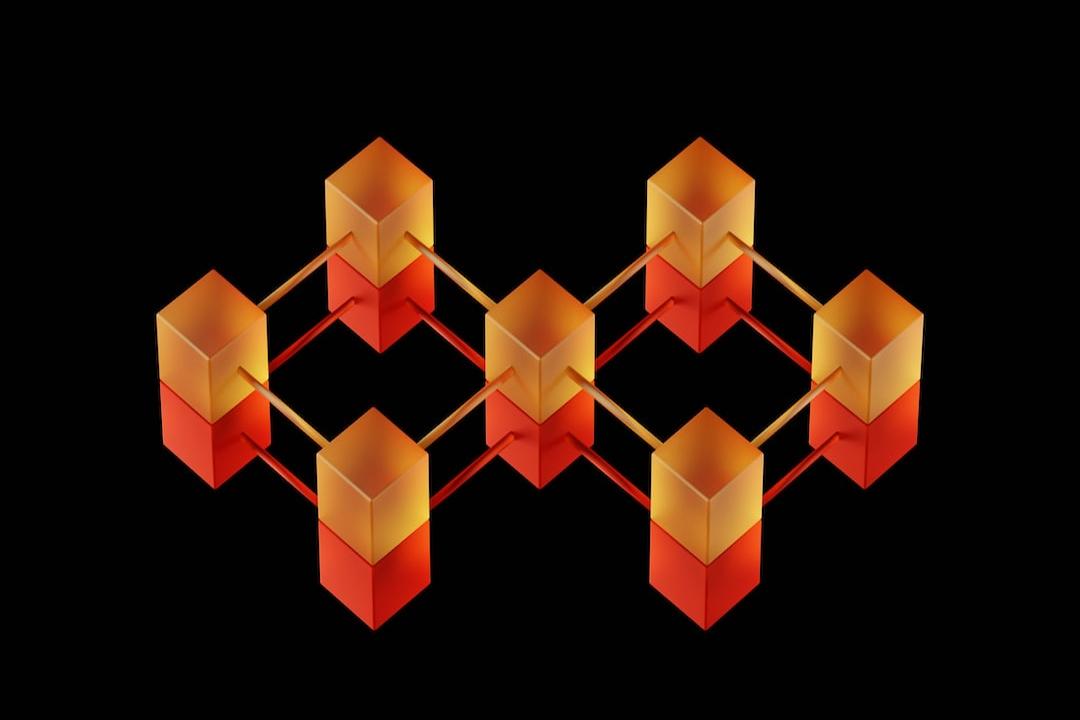Deutsche Telekom MMS has recently started operating dedicated worker nodes as part of Subsquid’s decentralized data lake, joining the over 700 worker nodes run by various corporate and private organizations.
The worker nodes are a crucial part of the Subsquid network, as they handle queries and efficiently provide necessary data to data consumers, including indexers, from the data lake. Subsquid is a scalable decentralized data platform designed to offer blockchain data access to Web3 product developers.
Deutsche Telekom’s subsidiary’s worker nodes have been added to the infrastructure to expand the data lake, enhancing the network’s scalability and resilience. These nodes went live earlier in the summer. In the current Web3 landscape, developers often have to build on multiple chains, making data acquisition challenging. Although blockchain data is generally accessible to the public, the format and access points vary across different chains.
Traditionally, centralized APIs or direct access to RPC nodes have made data retrieval easier, but this method has its drawbacks, including expensive multichain data retrieval times, data corruption, and security vulnerabilities. In contrast, Subsquid aims to provide a fully decentralized stack for obtaining historical data, with worker nodes responding to developers’ requests in the decentralized data lake. The raw data format allows organizations and individuals to access it in the formats of their choice.
During the testnet, over 60,000 indexers were added to the network, and since its launch on June 3rd, the mainnet has been rapidly gaining popularity. With almost 700 worker nodes launched, more than 536 TB of data has been stored and is ready for peer-to-peer sharing.
Dirk Röder, Head of the Web3 Infrastructure & Solutions Team at Deutsche Telekom MMS, commented on the development, stating:
“By running validators for well-known blockchain protocols such as Polygon, Ethereum, and Polkadot, Deutsche Telekom MMS has been a key contributor to Web3 businesses and is now expanding its presence in Web3 through this partnership.”
Marcel Fohrmann, co-founder of Subsquid, also shared his thoughts:




